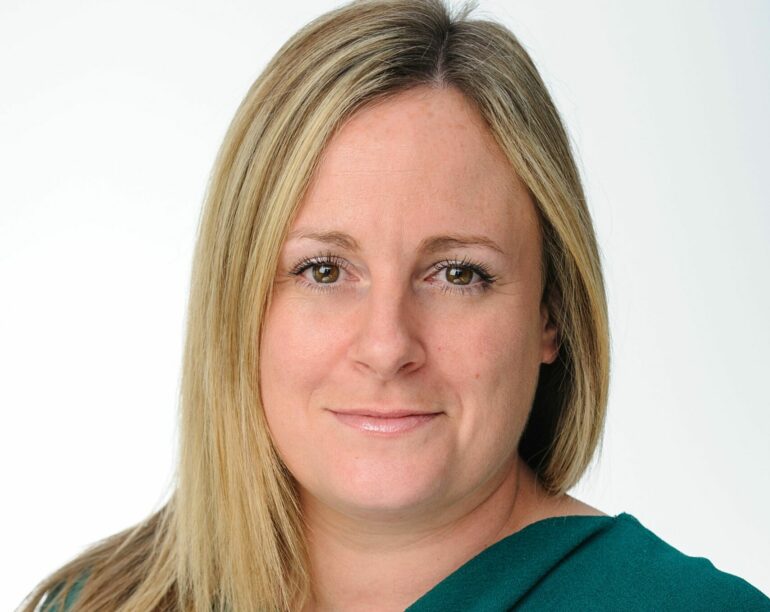I was thinking about the term ‘specialist mortgage market’ the other day. We use it constantly, but what does it actually mean, and especially to people outside of the industry – such as borrowers?
To some, it simply means adverse credit but the reality is that it is so much wider. Borrowers fall outside of numerous aspects of criteria of the high street banks or building societies and require more flexibility.
This can be down to factors such as the borrower’s credit score, age, employment situation, income stream, credit history, property type, or location of the security.
In many cases, specialist mortgages are there to help those who have suffered a temporary setback in their finances.
Covid has certainly driven an increase in borrowers with credit blips. This is due to changes in circumstances outside of their control, where extreme financial pressure may have led to missed payments, CCJ or defaults.
These will have adversely affected their credit scores which might see them struggle with mainstream lenders who use automated decision engines.
The more holistic approach to lending that the specialist market provides ensures that alternative lending outcomes are available when the automated model says ‘no’.
The specialist lender generally looks at the adverse position in the last 12 months (compared to the last three years with mainstream lenders).
It will also consider multiple income streams and not just earned income; bonus/commission; three months’ employment history and 12 months as self-employed (as opposed to traditionally two years) and contractors with income assessed using the day rate.
As a business which would describe itself as a specialist lender, Central Trust is certainly involved in helping such borrowers.
We have always sought to help the underserved borrower, as well as those that need to ‘repair and rebuild’.
We examine the finances of those that have been victim of circumstance and require a second chance – where it is evident their circumstances have changed but they just need a lender to listen and take a common-sense approach.
In my eyes, the current landscape for customers with adverse credit remains as difficult as it always has been, unless they have been introduced to the specialist lending market where a more holistic and flexible underwriting approach can lead to a good customer outcome.
In such circumstances, a second charge mortgage might be a better outcome: the borrower can keep their preferential rate on the first charge, consolidate their credit into a more manageable monthly payment, in turn improving their credit score, and then remortgage back onto the high street clearing the second charge mortgage.
Equally, the specialist market can help another segment of the market that is facing challenges when capital raising due to being self-employed.
As a result of the pandemic, some self-employed individuals’ latest SA302 from HMRC (which provides evidence of one’s earnings) may show significantly lower earnings to that of 2019/2020 even if, as in many cases, their business has since returned to pre-Covid levels of earnings and performance.
The problem is that most mainstream lenders operating in the market will work from the most recent SA302 and not take into consideration what went on before and so the loan amount they can offer will be lower than needed or they may not even accept the case at all.
The challenge is to find a lender to take a more holistic view, looking at the business performance before and after the pandemic – those with automated decision-making systems will fall short, as there is no human to intervene and conduct a reasoned analysis of the self-employed individual’s business.
Central Trust is one of a handful of lenders that like to take a more reasoned approach to an application by looking at a self-employed person’s circumstances and income history.
For example, we will lend on the 2019/2020 SA302, subject to three most recent bank statements and a projection from an accountant which supports that income has returned and the business is stable.
This means the self-employed applicant will be assessed using a more common-sense approach and may well be able to achieve their borrowing requirements.
AND THERE’S MORE…
I’d also argue that the specialist market is not just about demographics or borrowers’ finances, but also to do with niches where there is a shortage of lender visibility.
For example, Central Trust is known for operating in pockets of the market where there might be a restricted lending appetite such as Consumer Buy-to-let (CBTL), Family Let, lower property values, non-standard construction, complex income streams and Northern Ireland.
There are many more examples of specialist lending, but if I had to define it, the specialist market is ultimately about helping those underserved by the high street.
It’s a market where specialist brokers can make a real difference for their clients, relationships are pivotal and where lenders can show their true colours.
Maeve Ward is director of commercial operations at Central Trust



